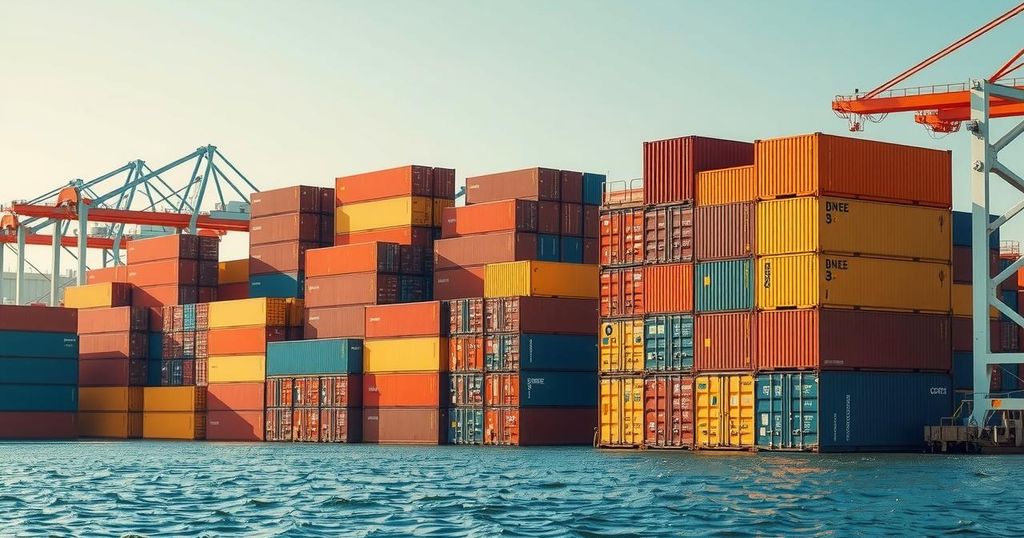Concerns Rise Over Potential Broader Trump Tariffs on Brazilian Exports
The Lula administration is concerned about potential broader tariffs by Donald Trump on Brazilian exports, possibly including a blanket tax on nearly all products. As Trump prepares to reveal his tariff policy on April 2, discussions have so far focused on ethanol while fear mounts over expanding trade tensions that could encompass additional sectors affecting Brazilian exports like copper and wood.
The Brazilian government is currently evaluating the implications of potential tariffs that may be imposed by former President Donald Trump on a wider array of Brazilian products. This assessment indicates an escalating concern that the tariffs may extend beyond those previously announced for steel and aluminum, targeting various other goods.
A particularly alarming scenario considered is a comprehensive tariff that could potentially apply to nearly all Brazilian exports to the United States. This consideration comes as Trump is poised to unveil his reciprocal tariff policy on April 2, which may significantly affect Brazil, particularly following the recent steel and aluminum tariffs effective since March 12.
To date, discussions between the Lula administration and Washington have primarily concentrated on the subject of ethanol, an area where the U.S. has indicated potential taxation. The U.S. argues that Brazil’s 18% tax on imported ethanol constitutes an inequitable trade practice compared to their lower 2.5% tariff on U.S. exports.
Concerns have increased due to the lack of clarity surrounding the White House’s plans, coupled with remarks from Trump’s advisors and coverage in U.S. media, which suggest that Brazil might find itself embroiled in a more extensive trade conflict. Recently, the U.S. has also communicated that various sectors, not just ethanol, could be subject to heightened tariffs.
Furthermore, Trump has initiated trade investigations targeting other materials such as copper and wood, both of which are significant exports from Brazil to the U.S. This broadening of trade scrutiny underscores the potential for further escalation in bilateral trade tensions between the two nations.
In summary, the Lula administration stands at a crucial juncture as it confronts potential expansive tariffs proposed by the Trump administration, extending well beyond previously targeted sectors. The uncertainty surrounding U.S. trade policy and threats of comprehensive tariffs heighten the risk of a trade conflict. Monitoring the unfolding events will be critical for Brazil’s export strategies and economic health.
Original Source: www1.folha.uol.com.br








Post Comment